In the News
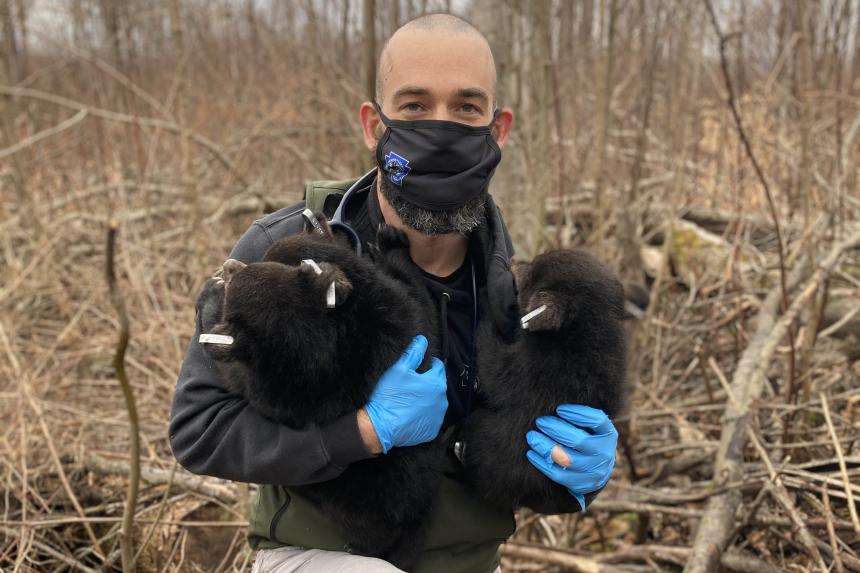
News
February 08, 2023
Dr. Andrew Di Salvo had always been interested in wildlife and enjoyed being outdoors. He first considered a career in wildlife veterinary medicine while working as a park ranger in New York City before veterinary school....

February 03, 2023
A study led by Cornell researchers found that white-tailed deer – the most abundant large mammal in North America – are harboring SARS-CoV-2 variants that once widely circulated but are no longer found in humans.

December 12, 2022
Cornell Animal Science major Genesis Contreras ’24 needed her service dog to keep her safe while working with the Cornell Wildlife Health Lab, but Nugget, a 4-year-old beagle, needed to be safe as well. A team across Cornell found a solution: "doggles."

November 07, 2022
In October 2022, CVM's Department of Public and Ecosystem Health held its first departmental symposium, which featured faculty and staff presentations, a student poster session and a panel discussion.
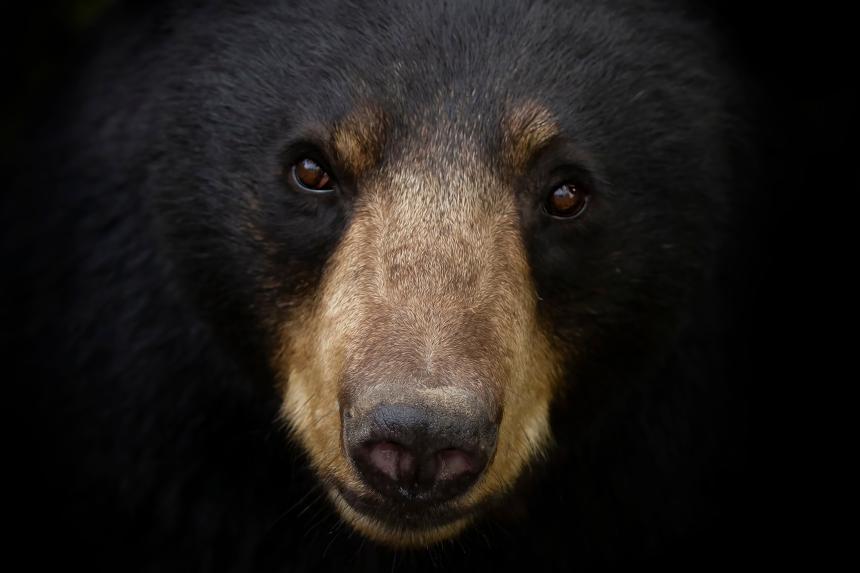
November 03, 2022
A new paper published by the Cornell Wildlife Health Lab team and partners describes the emergence of mange in New York State black bears.
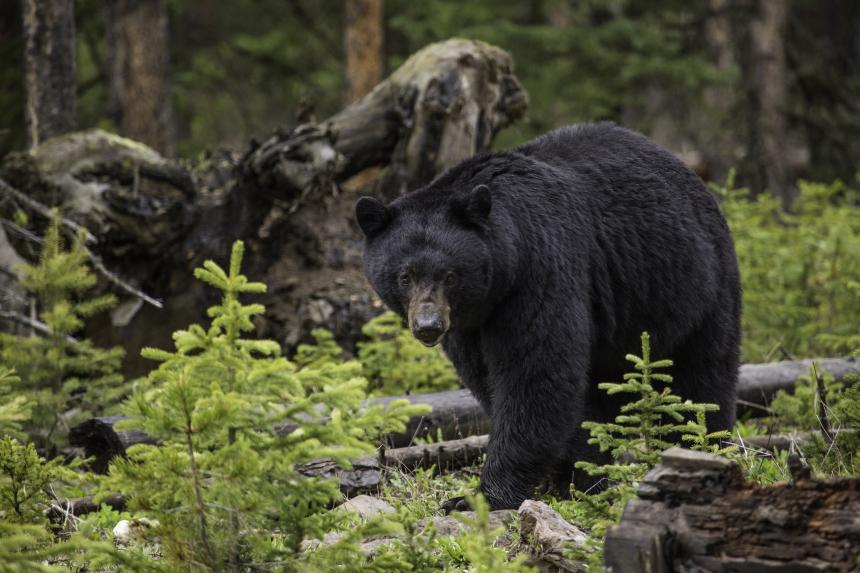
For Your Information
November 02, 2022
Mange is a parasitic skin disease found in free-ranging wildlife populations and has been increasingly reported in black bears over the last decade in New York State. This paper led by Cornell researchers describes the geographic, seasonal, and demographic factors associated with mange in NYS black bears.
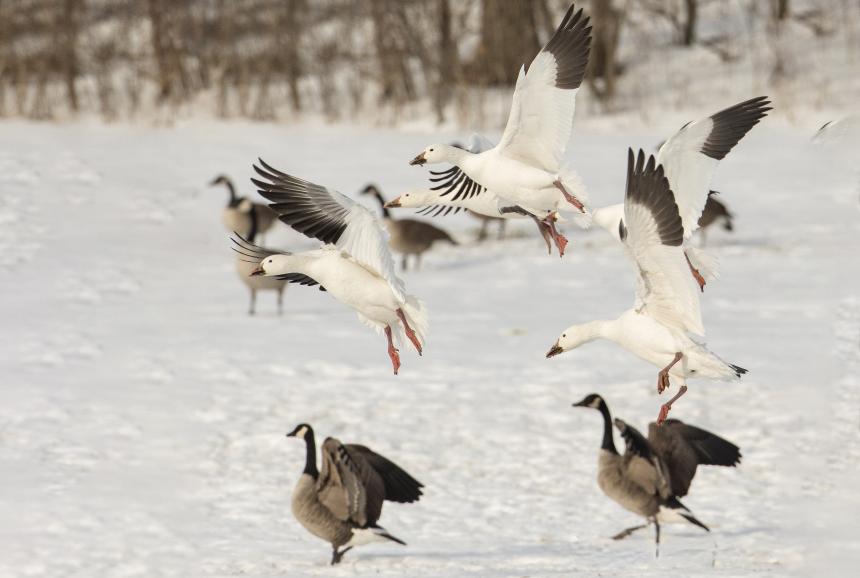
October 19, 2022
A new avian influenza, H5N1, is circulating rapidly across the country and affecting domestic chickens, wild birds and even mammals. Cornell's Dr. Krysten Schuler states that adding H5N1 as another stressor for birds whose lives are already challenged by climate change will start to have a broad-scale impact.
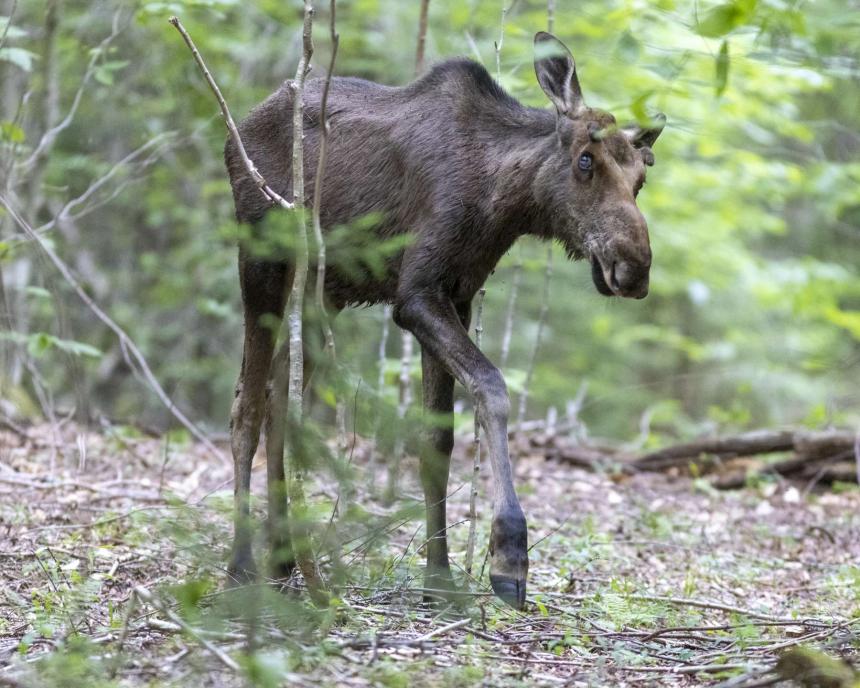
October 04, 2022
Moose returned to New York in the 1980s, but their population hasn’t grown as scientists expected. Research teams, including those at Cornell University and the Shingle Shanty Preserve and Research Station, are studying whether ecological and/or disease issues are causing this stagnation in moose population growth.
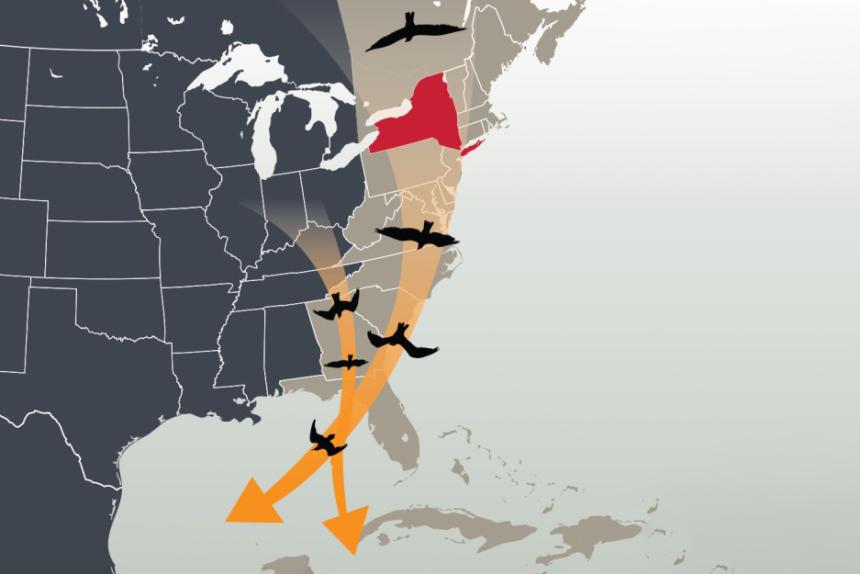
September 30, 2022
As part of a collaborative network, Cornell scientists are helping to track and detect highly pathogenic avian influenza in New York State. Cornell's Dr. Krysten Schuler notes that in addition to migratory birds, other wild birds can also be infected, such as bald eagles, owls, and other birds of prey.
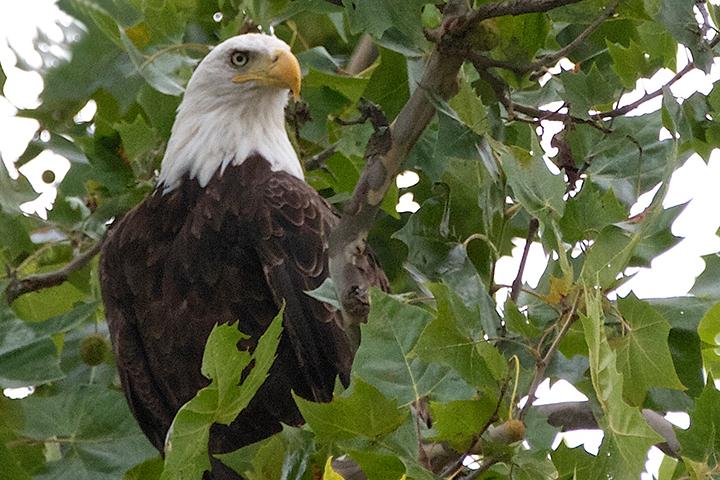
August 26, 2022
A bald eagle surprised fellow travelers as it was spotted being taken through a TSA checkpoint at a U.S. airport. Cornell's Dr. Krysten Schuler, who led a study showing bald eagles' population size is being threatened by lead poisoning, comments, "Even though the population seems like it's recovered, some perturbation could come along that could cause eagles to decline again."
